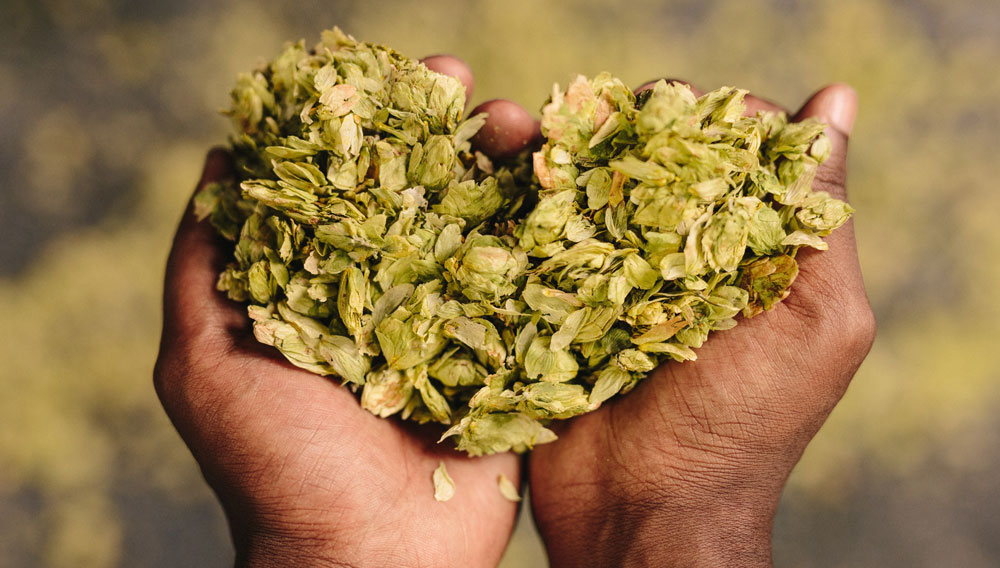Variation of the Steeping Regime for Optimising the Cytolytic Modification using an Accelerated Malting Procedure
Producing high-modified malt within short malting procedures due to higher temperatures can be a major advantage for the malting industry. At this, the malt kernel’s cytolytic and proteolytic modifications are the most important quality parameters. In literature, steeping and germination regimes with low temperatures between 12 and 17 °C during long process times up to 8 days including kilning are recommended. The majority of these recommendations were given decades ago. Economical reasons have led to studies for
shortening the process time to save energy whereby the malt quality should be kept as high as possible.
Aim of this study was to optimise an accelerated malting procedure by varying the duration of the wet steeps in respect of short process times and acceptable malt qualities, particularly with regards to the cytolytic modification. Laboratory steeping trials as well as a pilot plant malting were carried out with focus on the intensity of water uptake and germination performance. The first wet steep was varied between 2 and 8 hours and the second between 20 minutes and 2.5 hours. The chosen temperature during the first wet steep was set to 22 °C, followed by an 18 h air-rest at 21 °C. Equal steeping degrees of 45 % in all trials were adjusted by spraying with water. The germination was carried out at temperatures between 17 and 22 °C for 3 days in all trials and also kilning was kept constantly. An optimal steeping regime was found to be a 5–6 hour first wet steep, followed by a reduced second wet steep of 20 to 60 minutes. Those regimes led to the highest cytolytic modification and malt homogeneities. In general, the proteolytic modification was too low, which has to be changed in prospective trials for optimising the germination parameters.
BrewingScience - Monatsschrift für Brauwissenschaft, 67 (March/April 2014), pp. 26-32


